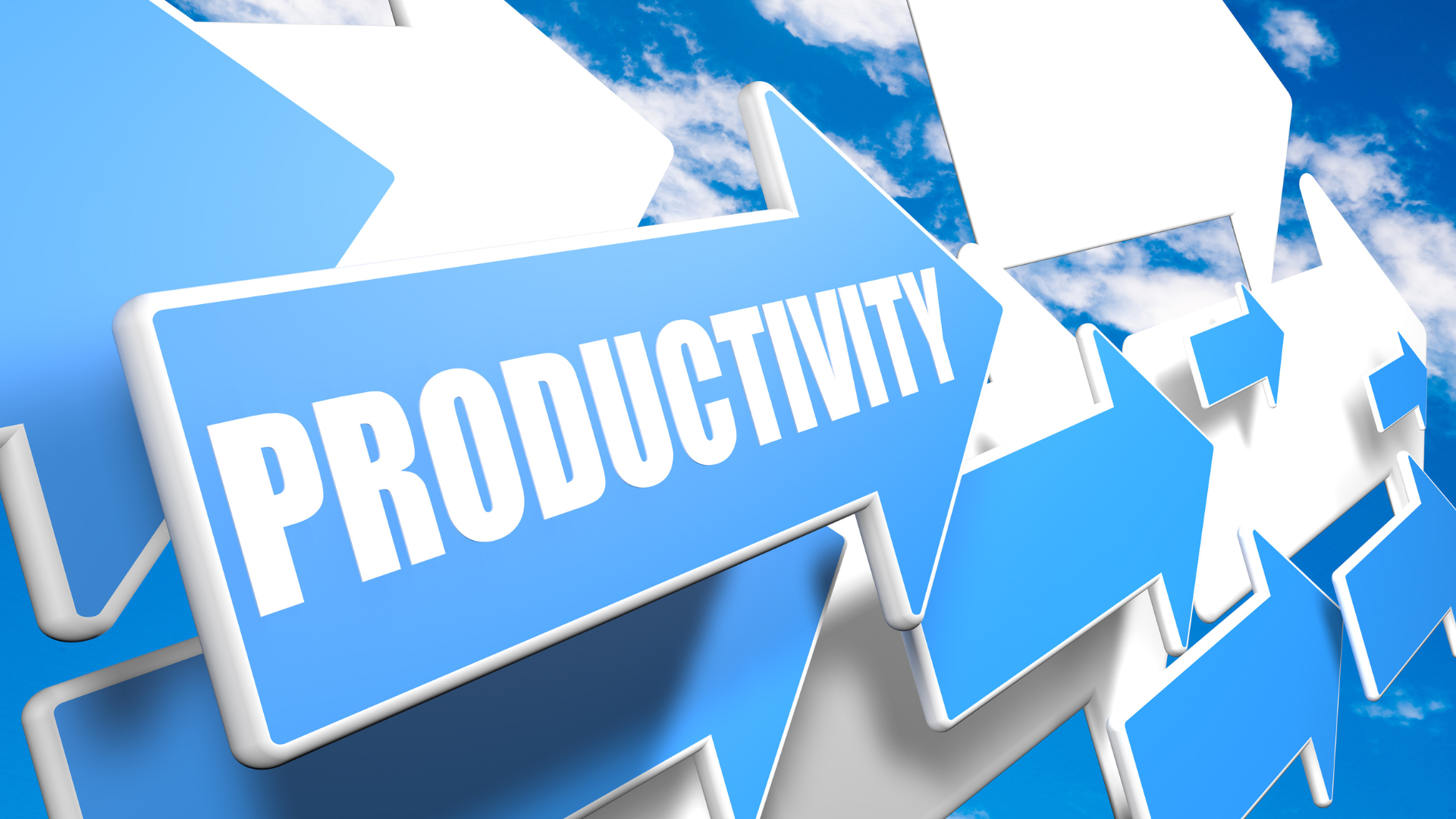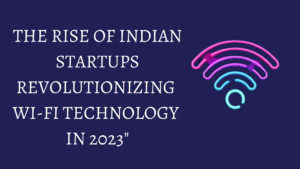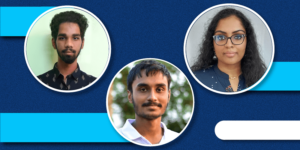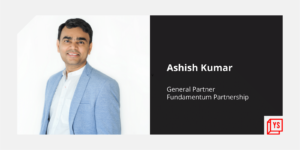In a world of endless to-do lists and constant notifications, productivity has become a skill that often feels just out of reach. Everyone wants to accomplish more in less time, but the challenge of prioritising tasks—and staying focused—can feel overwhelming. Imagine starting each day by tackling your biggest, most dreaded task first. This is the essence of the “Eat the Frog” technique, a powerful method for building momentum and setting the tone for a productive day. The name may sound peculiar, but it’s based on an idea famously attributed to Mark Twain: “If it’s your job to eat a frog, it’s best to do it first thing in the morning.” By handling your hardest, least appealing task early on, you’ll free up your energy and mental space for the rest of the day.
So, how exactly does one “eat the frog”? Let’s explore the ins and outs of this technique, its benefits, and how you can start applying it to transform your productivity.
What is the “Eat the Frog” technique?
The “Eat the Frog” technique is a prioritisation strategy where you start your day by tackling the most challenging or important task on your list. The “frog” represents a big, possibly uncomfortable task, and is often easy to procrastinate on. Addressing it first prevents it from lingering and weighing on you throughout the day. This approach can be constructive if you struggle with decision fatigue or feel mentally drained when faced with multiple tasks.
This productivity method is simple, effective, and flexible, making it adaptable to any work environment or lifestyle.
Why tackle the toughest task first?
Reduced procrastination
Starting with a difficult task leaves little room for procrastination. By facing it head-on, you train yourself to take action without overthinking.
Boosted confidence and momentum
Completing a challenging task early in the day gives you a confidence boost, creating positive momentum for the rest of your work.
Mental clarity
Addressing a burdensome task reduces mental clutter, allowing you to focus more clearly on other tasks without the nagging thought of unfinished business.
Improved productivity
By prioritising, you ensure your most crucial tasks are completed, leaving you with a feeling of accomplishment and satisfaction.
How to identify your “Frog”
Your “frog” is usually the task that brings the most value to your day but also the most resistance. Here’s how to find it:
- Ask yourself: Which task, if completed, would make the rest of your day feel successful?
- Look for high-impact items: Focus on tasks that contribute the most to your goals or projects.
- Recognise avoidance patterns: Often, the task you dread or have been putting off is the one you should tackle first.
Once you’ve identified your frog, it’s time to eat it—right away, before anything else distracts you.
Steps to effectively use the “Eat the Frog” technique
Define your frog the night before
Before you go to bed or finish work, decide on your primary task for the next day. This prepares you mentally and removes decision-making in the morning.
Start your day with a focused mindset
Set aside distractions like emails, messages, or minor tasks. Begin your day with a fresh mind and tackle your frog first.
Break it down if necessary
If your frog is too large, break it into smaller steps. Each step you complete brings you closer to finishing the main task.
Reward yourself
After completing your frog, give yourself a small reward, whether it’s a break, a coffee, or a few minutes of relaxation. This positive reinforcement helps make the technique sustainable.
Repeat consistently
Consistency is key. Make this a daily habit, and you’ll see a lasting impact on your productivity.
Final thoughts on “Eating the Frog”
The “Eat the Frog” technique is not only a practical tool for productivity but also a mindset shift. It encourages you to prioritise your most challenging task and build a habit of proactive action rather than reactive response. While it may be uncomfortable at first, it’s worth the effort. By mastering this technique, you’re not only clearing your to-do list more efficiently but also training yourself to embrace challenges with resilience and confidence.










